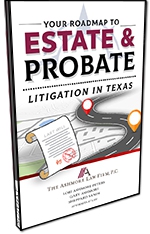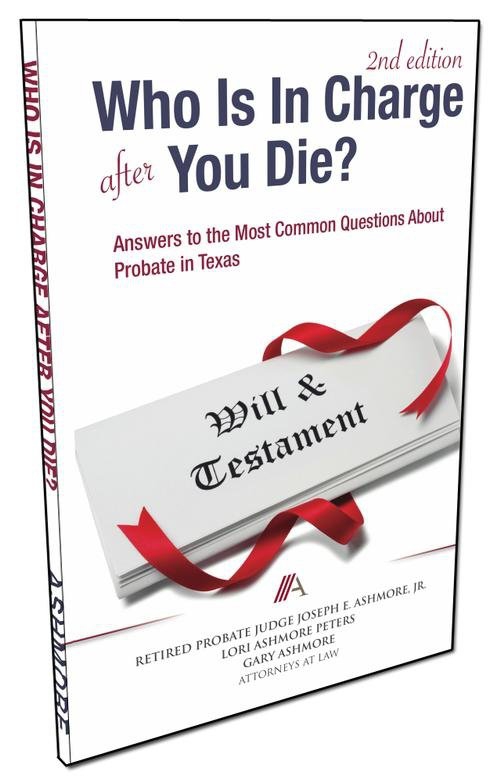FAQ: What Does Fiduciary Mean in Texas Law?
Quick Answer: A fiduciary is a person who has a legal and ethical duty to act in the best interest of another person or entity. This relationship is built on trust, loyalty, and integrity—and under Texas law, it represents the highest standard of care.
At The Ashmore Law Firm, we often help clients understand their fiduciary responsibilities when managing estates, trusts, or guardianships.
Understanding the Fiduciary Relationship
In simple terms, a fiduciary acts primarily for the benefit of another person. They must put the other party’s interests ahead of their own, avoid conflicts of interest, and make decisions with honesty and good faith.
The fiduciary relationship can arise in several legal settings, especially in probate and estate administration.
Common Examples of Fiduciaries in Texas
Here are a few examples of individuals who serve as fiduciaries under Texas law:
1. Trustee
A trustee is appointed in a trust and becomes the legal owner of the property held in that trust. While the beneficiaries do not hold title to the assets, the trustee has a legal obligation to manage those assets solely for their benefit. The trustee must make decisions that serve the best interests of the beneficiaries at all times.
2. Executor
An executor (named in a Will) is responsible for managing and distributing the deceased person’s estate according to their wishes. The executor must act fairly, follow the law, and avoid any conflict of interest while handling estate assets.
3. Administrator
When someone passes away without a Will, the court appoints an administrator to manage the estate. Like an executor, the administrator owes a fiduciary duty to the estate and must ensure assets are collected, debts are paid, and property is distributed properly.
4. Guardian
A guardian, whether appointed through a Will or by the court, is responsible for caring for a minor child or incapacitated adult. The guardian must make decisions that protect the individual’s well-being and finances, always prioritizing their best interests.
The Fiduciary’s Legal Duty
Because fiduciaries hold positions of trust, Texas law imposes strict obligations, including:
-
Acting in good faith and with honesty
-
Avoiding self-dealing or personal gain from their role
-
Keeping accurate records and accounting for all actions
-
Maintaining transparency with beneficiaries and the court
A fiduciary who breaches these duties can face legal consequences, including removal or personal liability.
How The Ashmore Law Firm Can Help
Whether you’ve been appointed as a trustee, executor, administrator, or guardian, or you believe someone has breached their fiduciary duty, the attorneys at The Ashmore Law Firm can help you understand your rights and responsibilities.
Our team provides trusted legal guidance in all areas of probate, estate, and trust law across the Dallas area.
Speak With an Experienced Probate Lawyer in Dallas
If you need help fulfilling your fiduciary duties—or you believe a fiduciary has mismanaged an estate or trust—contact The Ashmore Law Firm today.
📞 Call us at 214.559.7202 or contact us online to schedule your consultation.
We proudly represent clients throughout the Dallas area in probate, estate administration, and fiduciary matters.




